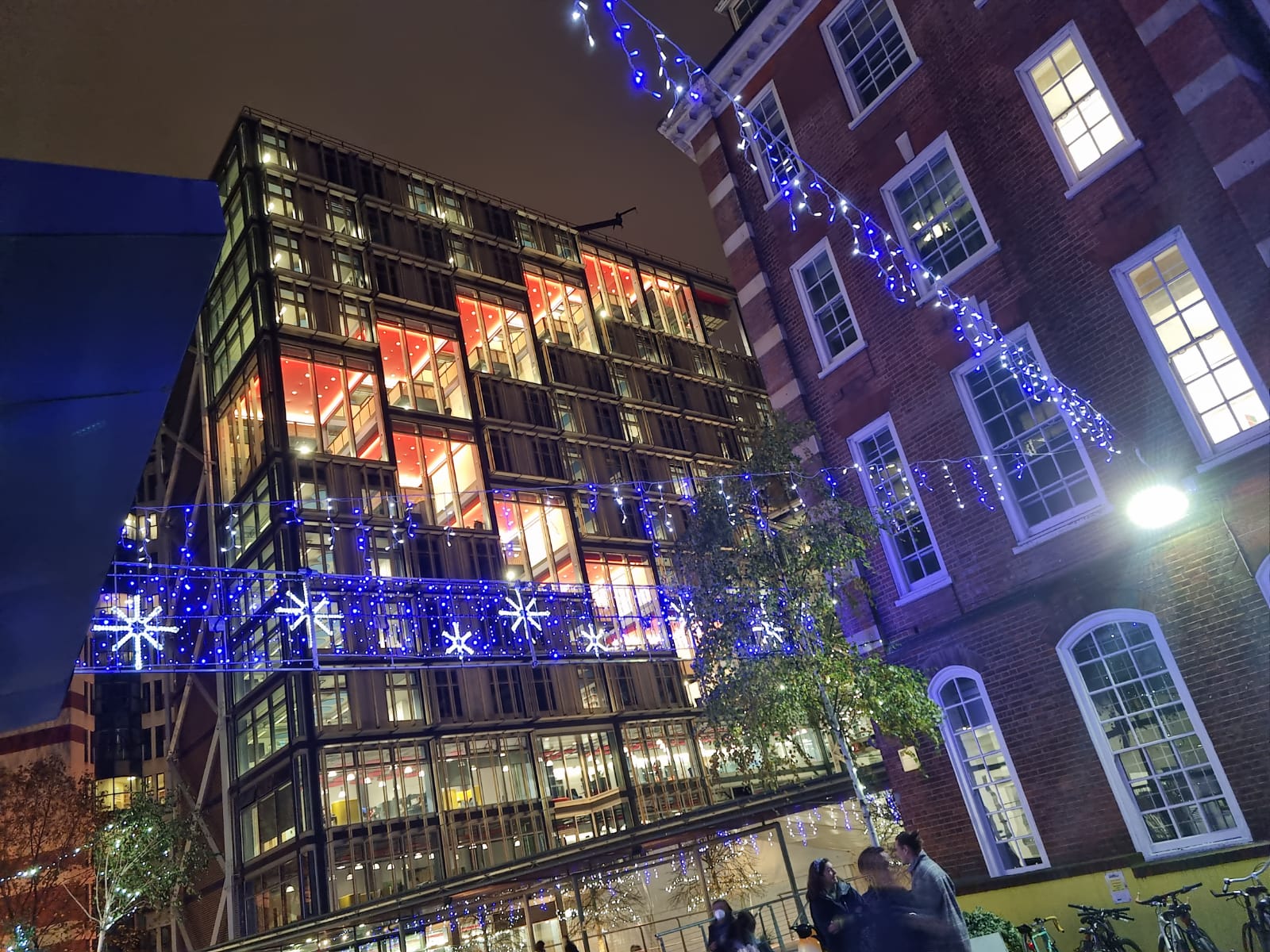Breathe in. Breathe out.
In the storm of Monday afternoon bustle, a calm eyrie roosts itself in the prayer room of the SU building. Located on the second floor, if you had walked in on the crown of students heads bowed and hands clasped together in silent contemplation, you would have fairly mistaken the group as a mystical congregation dropped out of the surreal.
Dig deeper however and the reality quickly unravels. The meeting is but one of the regular weekly mindfulness sessions held each Monday, which include light physical exercises and meditation practice that aim to hone our sense of present awareness and self-knowledge. Each session is an hour long and is guided by the experienced hands of Hogetsu Baerndal, Chaplain at the Imperial College’s Multi-Faith Centre, whose calm tone of voice occasionally resonates over the buttressed seconds of silence. Each session is free and available to drop in for anyone interested, and attracts a diverse following that all share a common interest: the art of thinking now.
While orthodox theorists might quibble about the phrasing, mindfulness is indeed thinking ‘now’, at least compared to the unconscious ebb and flow of daily activity. Noise is everywhere, and like a snake slinks from the familiar barrage of traffic, crowds and mingling conversations, to a destination much more personal on the edges of your conscious mind. Lapping with an insatiable appetite, the doctrine of ‘More’ tinges each thought, more ironic in the technological promise of the modern age that problems multiple with each innovation.
Mindfulness is the restoration of time lost. It is the equivalent of climbing into an outpost and observing the reality of constant flux. Its greatest reward is one of spiritual goodness, that of self-awareness and self-acceptance. Included in its countless benefits is better physical and mental wellbeing: studies have shown that regular meditation can improve sleeping patterns, stress levels and reduce the risk of illnesses like heart disease.
The radical potential of mindfulness, however must be rescued from the nevertheless worthy benefits of meditation. LSE offers mindfulness for all students; what it really contains, however is the opportunity to broaden one’s horizons to LSE and beyond. By bringing students together in a ring of silent meditation, it encapsulates the structural flexibility which embodies LSE, joining the atomic individual into the nucleus of a collective body, pooling together a shared experience of insightful energy. Mindfulness therefore reminds us of real value in life, and at LSE is an important compass in the terrain students navigate, of personal drama and external stress.
Attending the mindfulness session at LSE has therefore opened my eyes to potential and plurality, observations I can apply in everyday life. It embodies the mission LSE takes, in asking not only about the causes of things but their correlation in a lateral, evolving setting.






Mindfulness is something which definitely works and it is amazing how many of us stress about things that never actually happen, instead of being concerned and enjoying the moment. Great to see LSE teaching mindfulness. All the best.